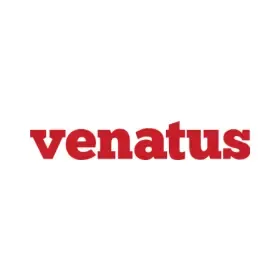The 7 Best Contextual Marketing Platforms
-
 By Editorial Staff
By Editorial Staff
-
18 January 23
Summary
Contextual marketing uses data to target your audience with ads that are relevant to them and their interests. It's a more innovative way to advertise because you can reach your customers where and when they are. Contextual marketing platforms will help you get started with contextual advertising and personalization in just minutes!
Contextual Marketing Platforms are the best way to reach your target audience. They help you engage with potential customers and drive sales while offering an easy-to-use interface that makes it easy for anyone in the business world to use them. Because they're so effective, these platforms can help you get more clients without even having to advertise or promote yourself on social media—which saves time, money, and energy!
1. Google AdWords

Google AdWords is the most popular contextual marketing platform. It's easy to use, has an exemplary user interface, and is free. If you want your business to reach more customers through contextual ads, this is the best way to go about it.
Google AdWords offers two main types of ads:
- Text ads (also known as display):These are text-based ads that appear at the top of search results pages when people type in keywords related to your product or service. They often appear above organic search results and sponsored websites that feature them prominently (eMarketer).
- Display networks: Display networks allow you to have access not just to display ad space but also to monetize other forms of media like video, audio, and images through programmatic buying platforms such as DoubleClick Bid Manager or MediaMath's BidSwitch platform.
If you want to drive more clicks, AdWords is the way to go. It's an easy-to-use platform with many features that will help you optimize your campaigns and get better results. In addition, you can use AdWords to manage your search engine marketing efforts in one place.
Features:
- Display Advertising
- Exact Match
2. Media.net
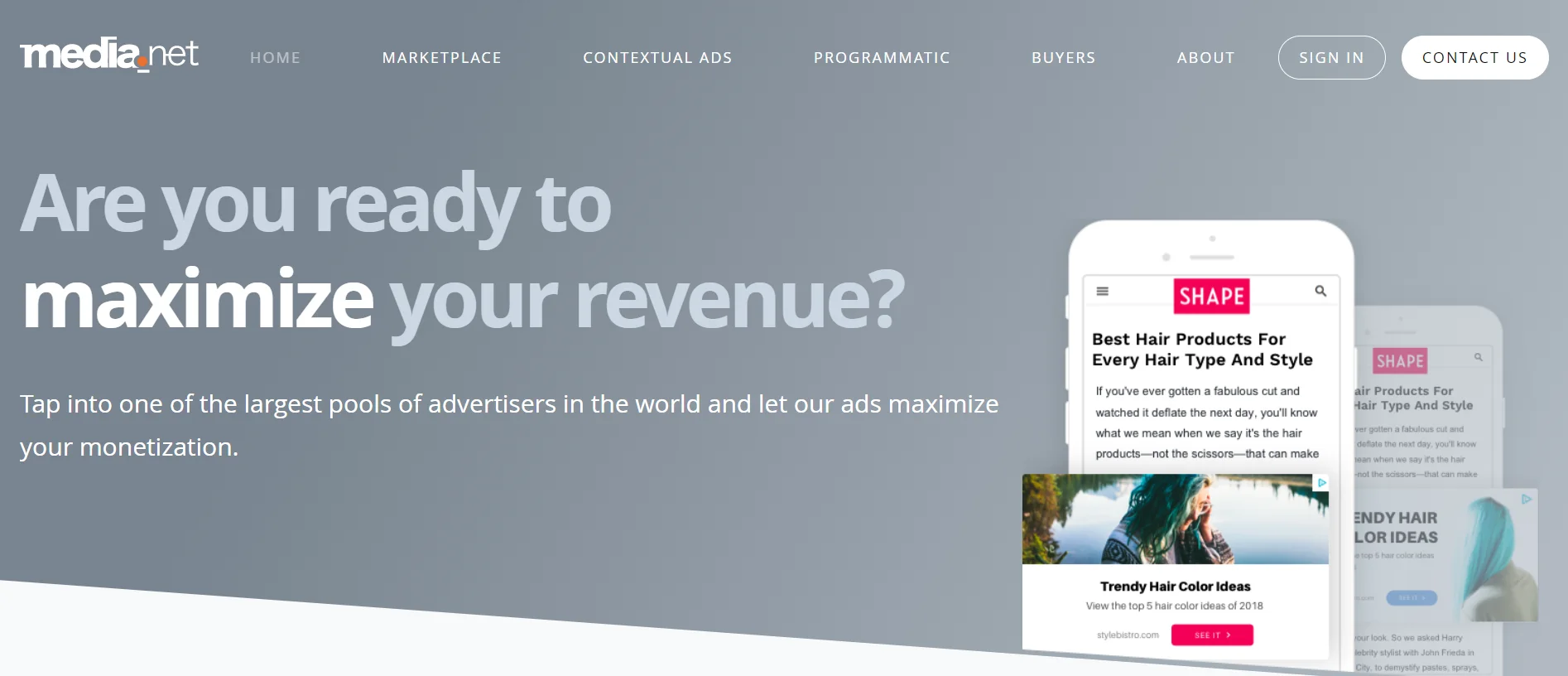
Media.net is a contextual marketing platform owned by AOL and used by over 3,500 brands and agencies. It's built on the idea of "content as an asset": Media.net provides publishers with an easy way to use their existing content to sell ads against it—and it does so in real-time.
Do you desire entry to a sizable advertiser pool? If so, you must contact them right away! With Medianet, you can design native advertisements for your website and masseur cutting-edge cross-format header bidding.
Medianet assists publications in increasing their earnings by helping them discover more sponsors. The system allows scheduling, managing, and reporting advertisements from a single platform. With next-generation cross-format header bidding and personalized native advertisements, it has one of the biggest pools of high-quality advertisers.
Features:
According to GetApp, the features of Media.net are-
- Activity Tracking
- Campaign Analytics
- Campaign Management
- Communication Management
- Contact Management
- Customizable Reports
3. Codefuel
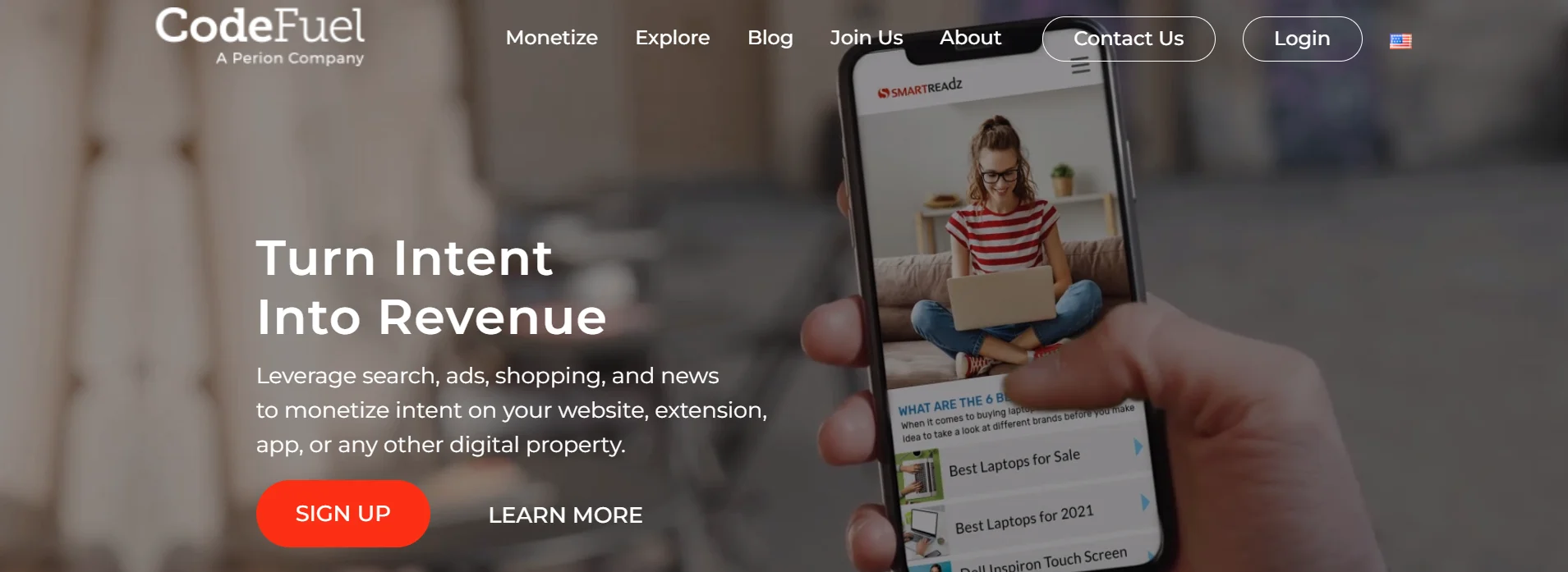
Codefuel is a contextual marketing platform that allows marketers to advertise on the internet and publishers to monetize their sites.
A technological platform that enables developers to boost their apps' or websites' sales, traffic, and downloads. Do you want to increase the amount of money you make from each person that accesses your website or uses your app? If so, CodeFuel may be the right choice for you!
To make it simple for website owners, app developers, and media dealers to optimize their revenue share, CodeFuel is a suite of tools with integrated solutions. CodeFuel may support your efforts to monetize your digital domains through search demand or to increase the yield returns on your current ad inventory.
Features:
According to G2, CodeFuel has the following features:
- Digital Asset Management.
- Digital Experience Platforms (DXP)
- Enterprise Content Management (ECM)
- Headless CMS.
- Knowledge Management.
- Localization.
- Mobile Forms Automation.
- Translation Management.
4. Terminus

Terminus is a marketing platform that allows you to create custom contextual ads. You can connect with customers on the go and get them in front of your brand's message at just the right time.
With the support of Terminus, a next-generation ABM platform, businesses can target specific clients and offer them one-of-a-kind advertising, chat, email, website, and sales experiences.
Terminus enables B2B marketers to maintain contact with their clients via various channels. This platform fosters revenue development by connecting with the right prospects at the right time and with the correct message. With Terminus, you can create personalized connections with customers in real-time and change the way you interact with them.
Features:
According to G2, Terminus has the following features:
- Market insights and lead segmentation
- Omni-channel tracking
- Retargeting
- Campaign measurement
- Customisation and revenue planning
- Media attribution
5. Criteo
Its retargeting platform helps online advertisers reach their customers on mobile devices and desktop computers, using cookies and user data to target ads.
By automatically promoting their items when customers are most likely to desire them, Criteo assists marketers in considerably increasing sales.
Marketers may monetize online and mobile traffic using tools and capabilities available on Criteo's cloud-based advertising platform. Since we know that no two businesses are the same, Criteo provides its clients with various options, including audience extension, dynamic creative optimization, native retargeting advertisements, and private markets.
Features:
According to GetApp, Criteo has these features:
- AI/Machine Learning
- Ad Inventory Management
- Audience Targeting
- Behavioral Targeting
- Campaign Analytics
- Campaign Management
- Conversion Tracking
- Cross Channel Attribution
- Customer Segmentation
- Demand Forecasting
- Display Ad Management
- Geotargeting
- Mobile Retargeting
- Multi-Channel Marketing
- Personalization
- Recommendations
- Reporting/Analytics
- Retargeting Ads
- Social Media Retargeting
6. Yahoo! Bing Network

Yahoo! Bing Network is a contextual marketing platform owned by Oath. The company's inventory of ads is expansive, spanning many different industries and categories.
Unlike other contextual platforms, Yahoo! Bing Network targets users based on their interests and behaviors rather than keywords or content they have written or viewed in the past.
With the help of Yahoo! Bing Network Contextual Ads, online publishers may quickly and profitably generate cash from advertising. Welcome to the Yahoo! Bing Network Contextual Ads program; online publishers are looking to monetize their content. They provide publishers with resources so they can control and monetize traffic efficiently.
Publishers may quickly make money from advertising through the program by presenting pertinent text adverts made up of sponsored links from Yahoo! Bing Network.
Features:
- Huge Advertiser Pool
- Robust Targeting
- Customization
- Dynamic Optimization
- Mobile Ads
- Reporting
7. Google Cloud Dataflow
Google Cloud Dataflow is a managed service designed to make your data processing fast, reliable, and accessible. It's a fully managed service that makes it easy to set up, monitor, and maintain pipelines of transformations on streaming or batch data.
Google Cloud is where you need to be if you want to digitalize your company and turn data into insights more quickly. The global network enables enterprises to execute their applications on-premises or in the cloud across public and private networks, depending on where they are needed.
At Google Cloud, they are developing technologies that enable businesses of all sizes to innovate more quickly and with better assurance. It assists organizations in finding innovative methods to combine cloud computing, machine learning, and large-scale data processing to develop quicker, more dependable, safer, and more affordable ways to manage their operations—all while saving them time and money.
Contextual marketing platforms are a great way to target your customers with content and ads based on their history, location, or other factors. They're also great for engaging your audience on social media, mobile apps, and websites.
Here are the best contextual marketing platforms:
- Google AdWords (formerly DoubleClick for Publishers)
- Media.net (formerly Adform)
- Codefuel (formerly Criteo)
There are many contextual marketing platforms, but we've narrowed it down to these 7. They all have strengths and weaknesses, so you should decide which works best for your business before investing too much time or money in any of them.
| Recommended Software | Category | Why Choose? | Signup URL |
|---|---|---|---|
| Setupad | Website Monetization | High CPMs, On time payments | Signup here |
| Adsterra | Website Monetization | AdSense alternative, niche CPMs | Signup here |
| Beehiiv | Email Monetization | Additional revenue, High CPMs | Signup here |
| Semrush | SEO | High impact on SEO and traffic | Signup here |
| Frase.io | AI SEO | Affordable, Boosts SEO traffic | Signup here |
| WP Rocket | Speed Optimization | Affordable, Boosts Pagespeed | Signup here |
Blog FAQs

Editorial Staff at Publisher Growth is a team of blogging and AdTech experts adept at creating how-to, tutorials, listings, and reviews that can publishers run their online businesses in a better way.
View All PostsOur Editors’ Pick:
Browse these amazing publisher monetization tools handpicked by our team of editors






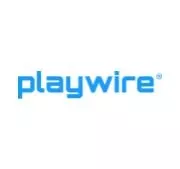







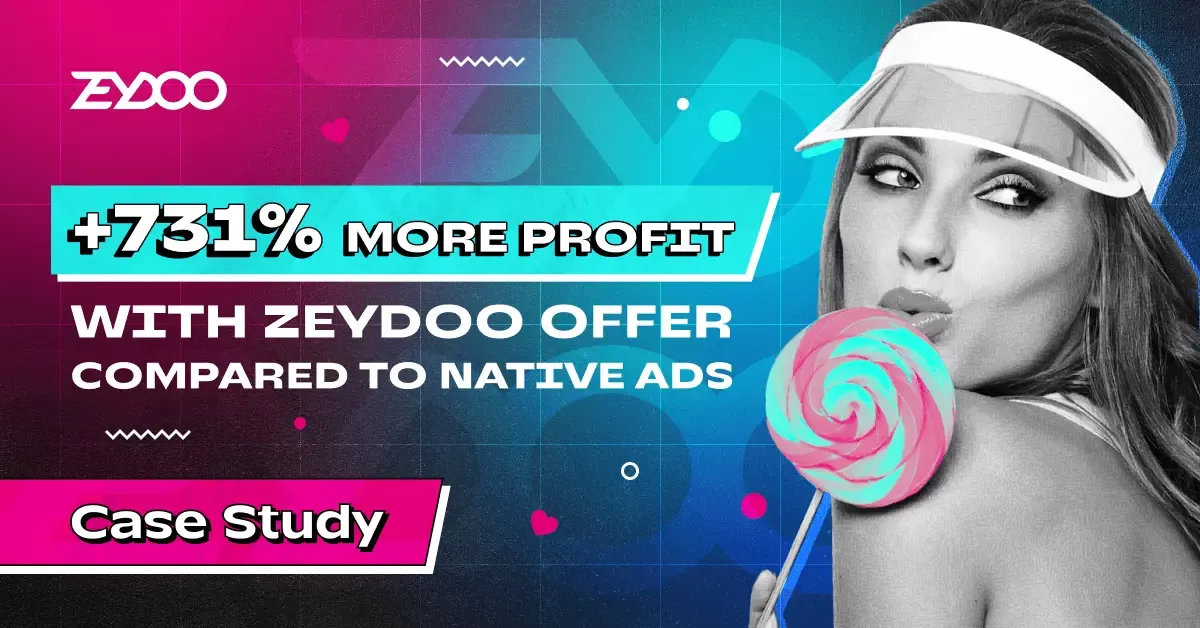

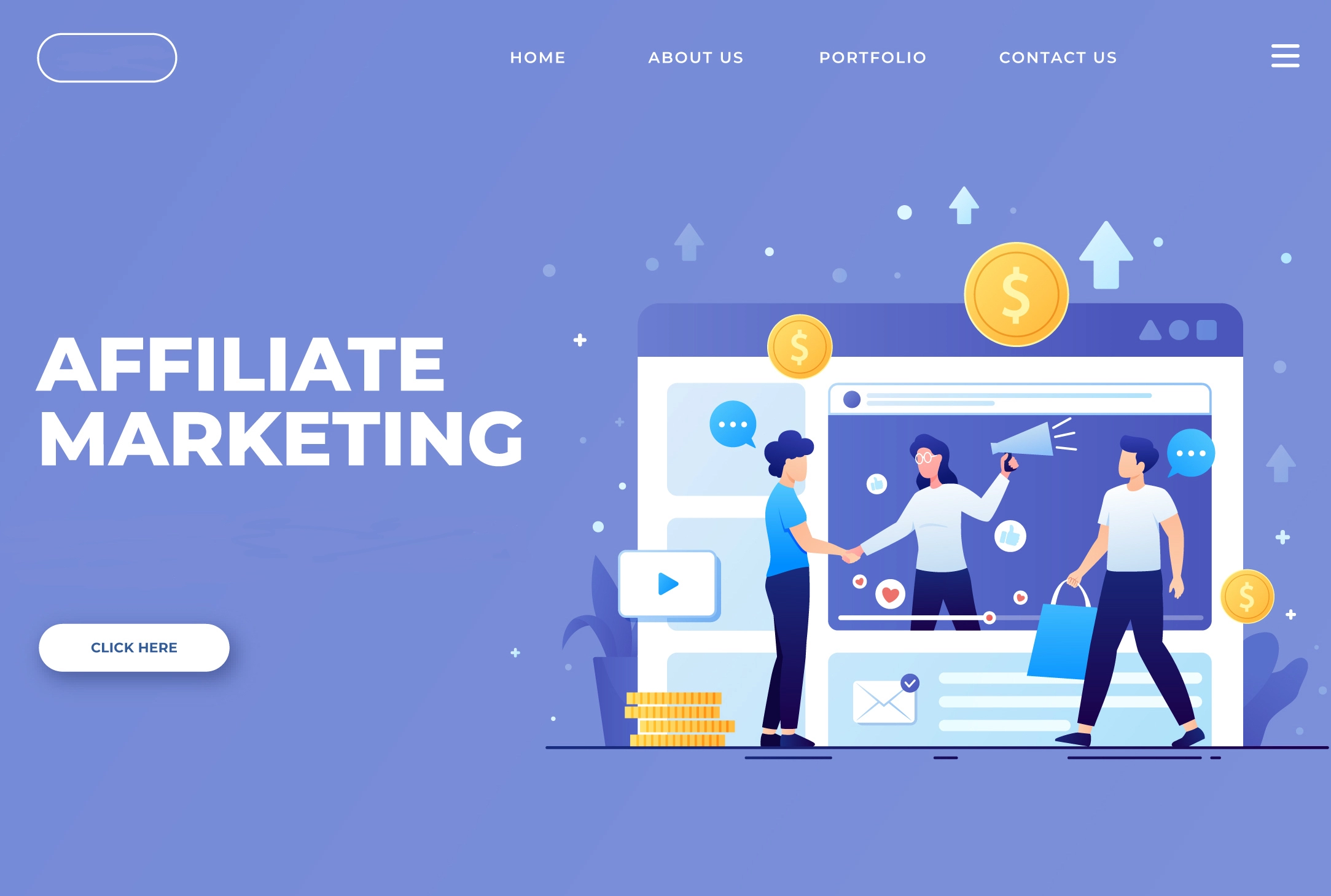
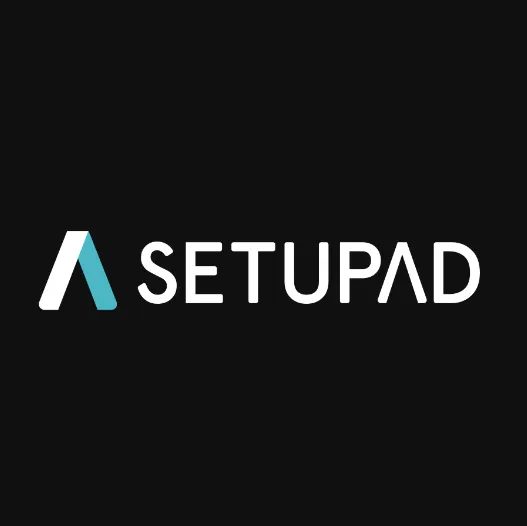

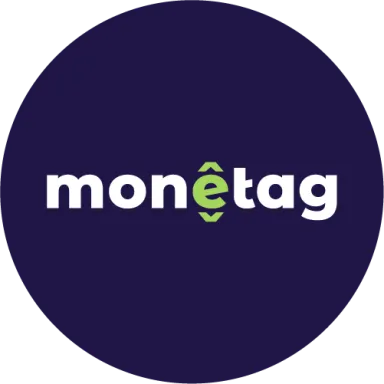


 (1).webp)
